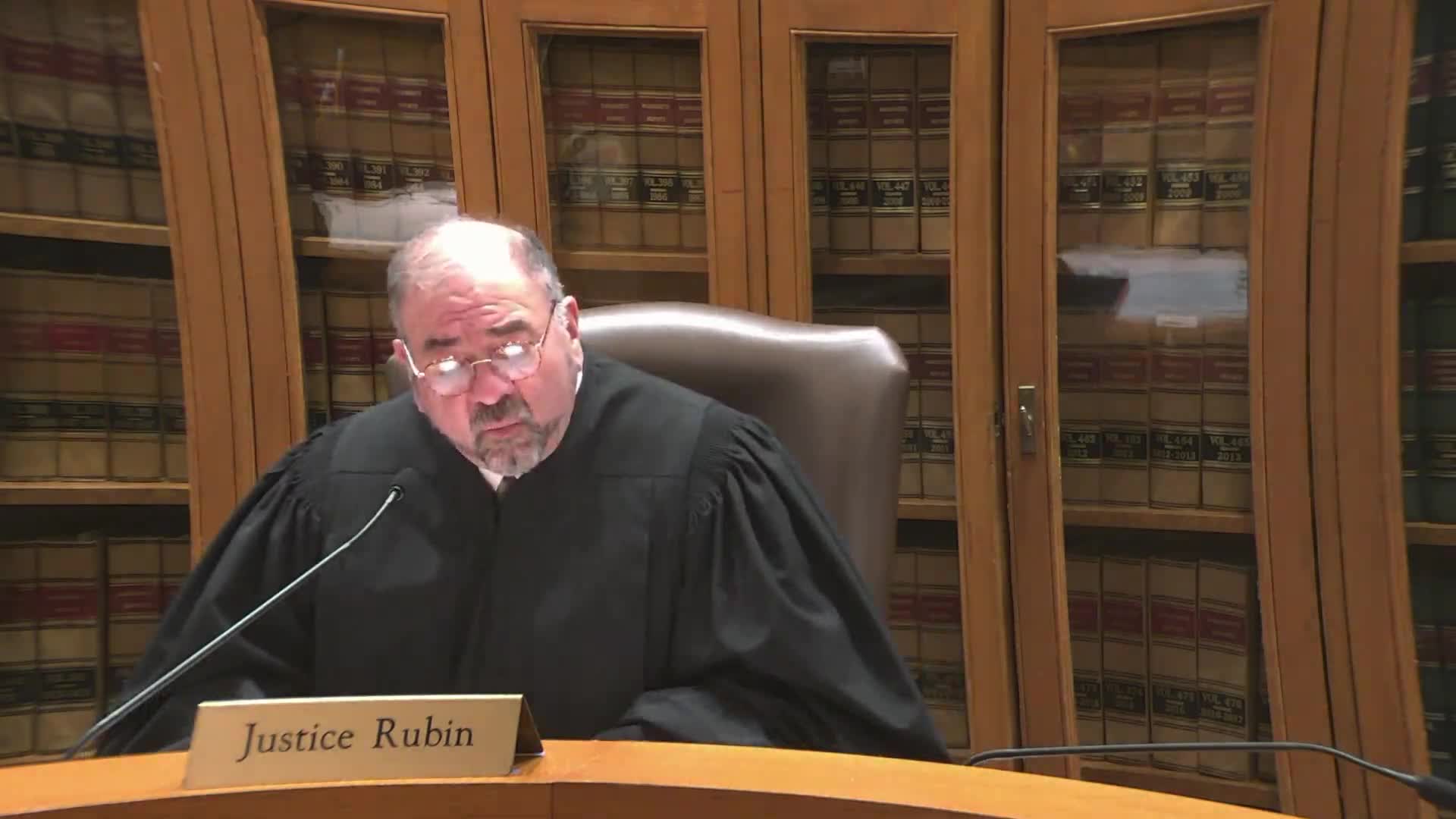Article not found
This article is no longer available. But don't worry—we've gathered other articles that discuss the same topic.
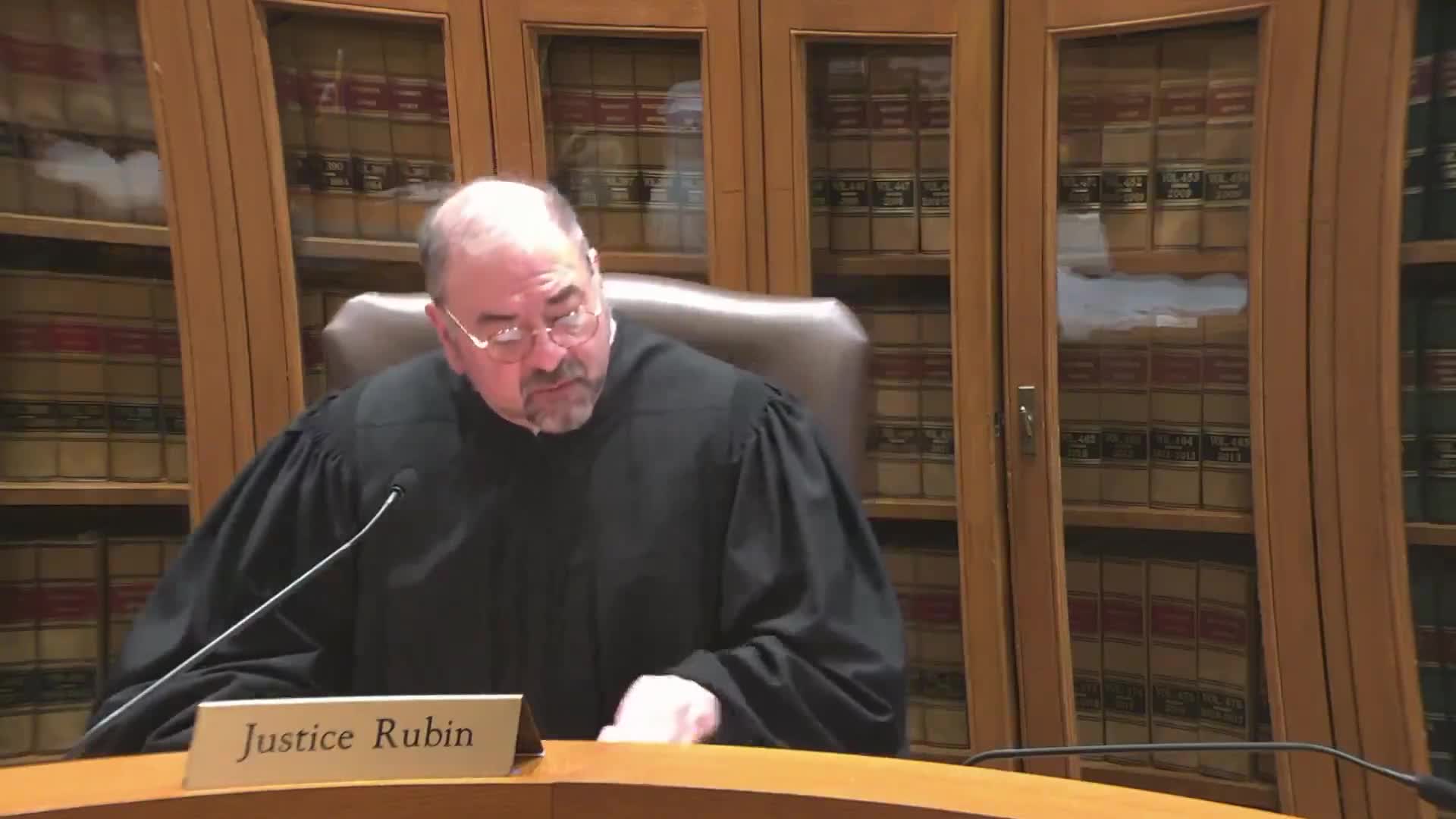
Appeals court wrestles with whether statute requires whistles at grade crossings or allows bells as alternative
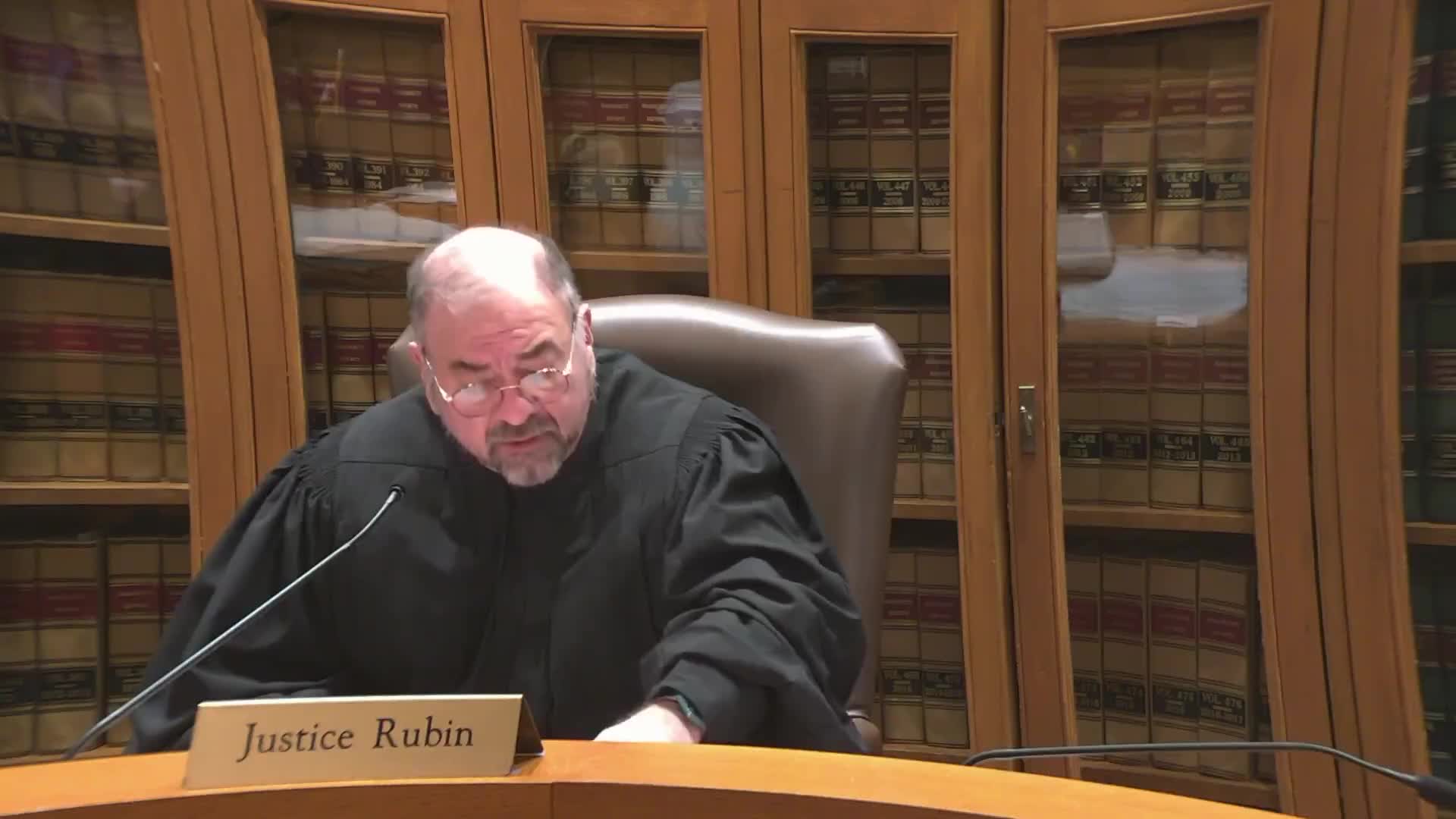
Developer challenges Grafton Planning Board’s denial of waiver for 57‑unit project
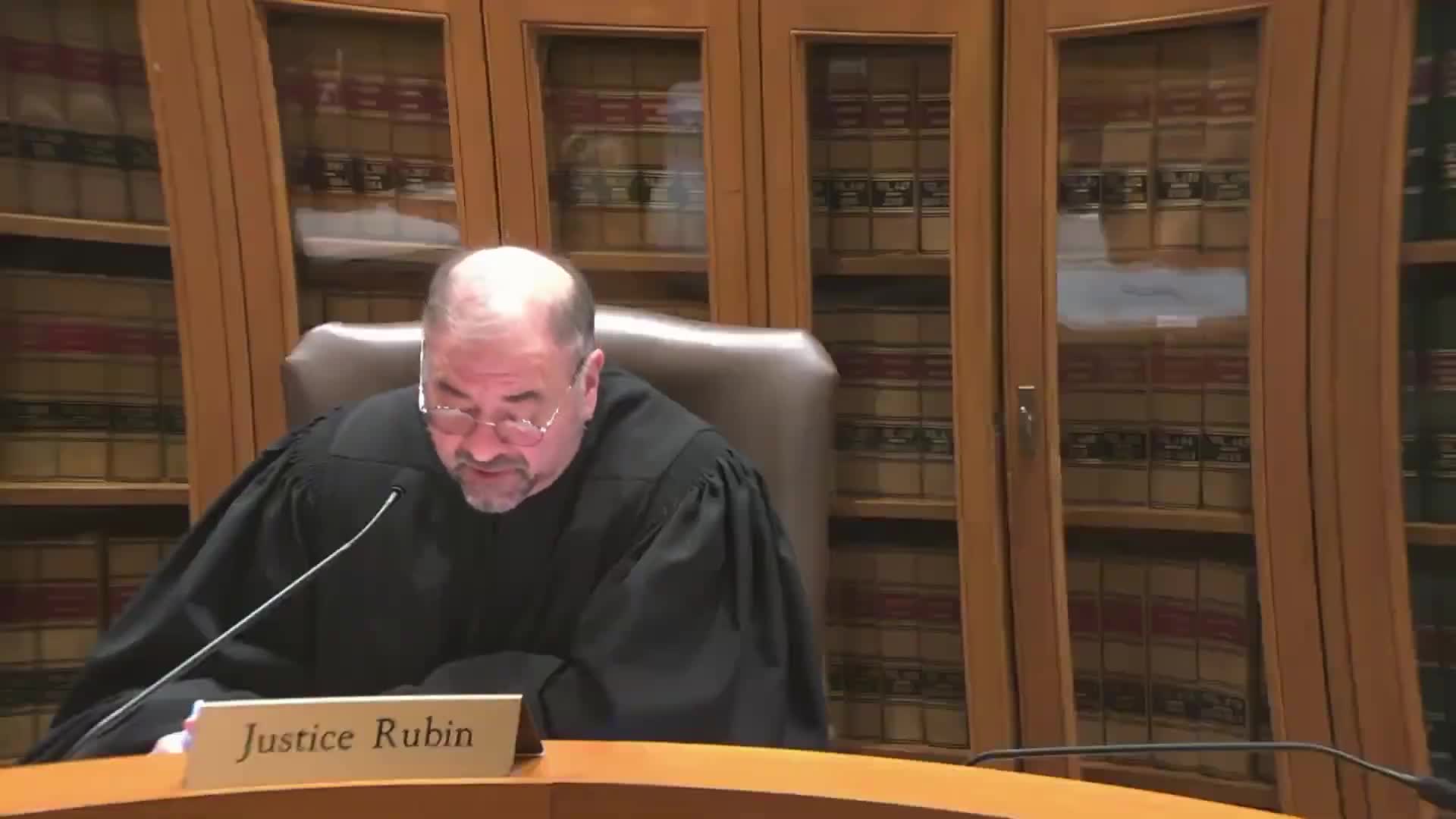
Appeals court weighs whether evidence supported finding of parental unfitness and whether DCF's remedial failures required different relief
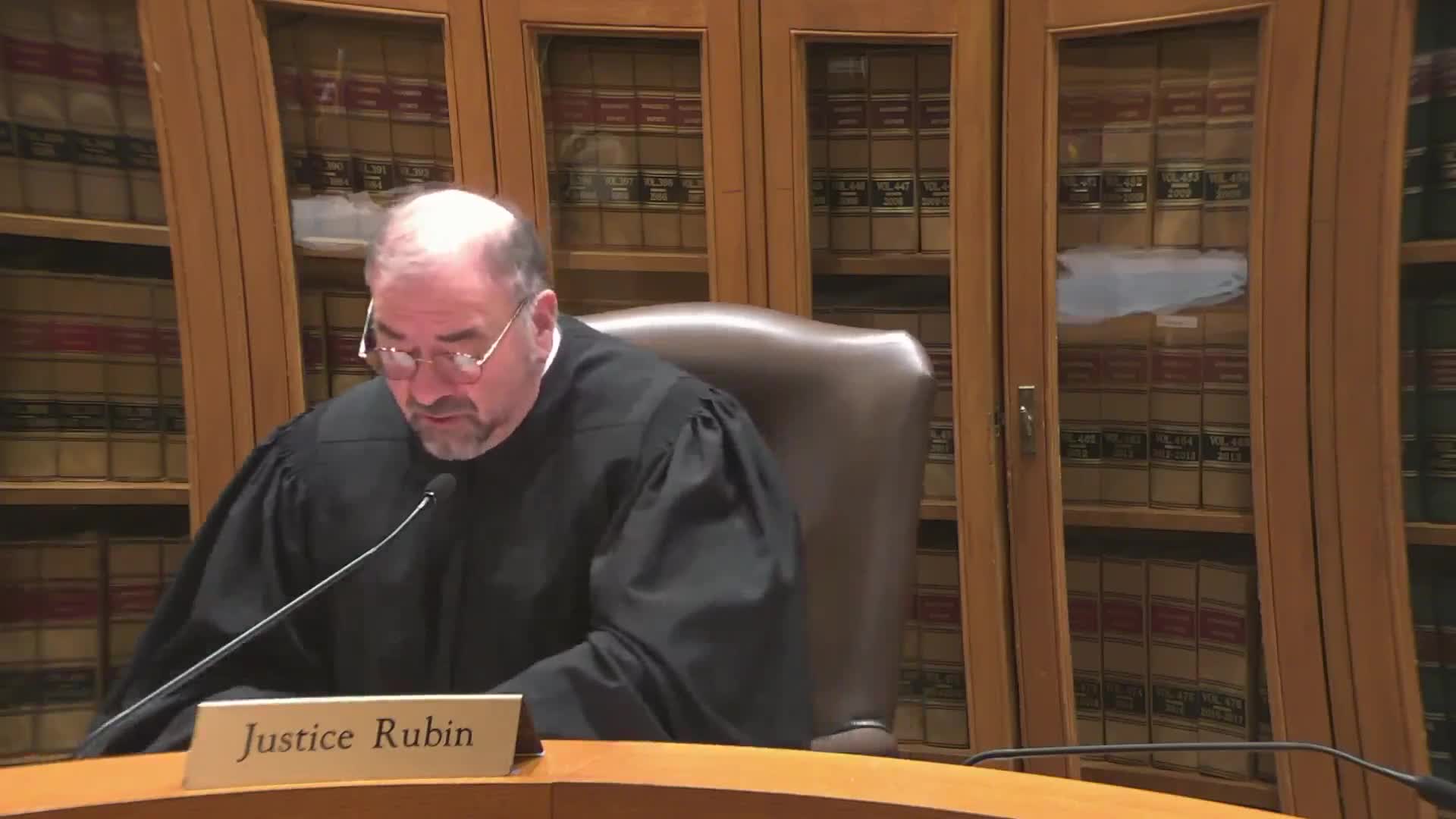
Appeals court probes whether Second Amendment bars duty to retreat from cohabitant in home
